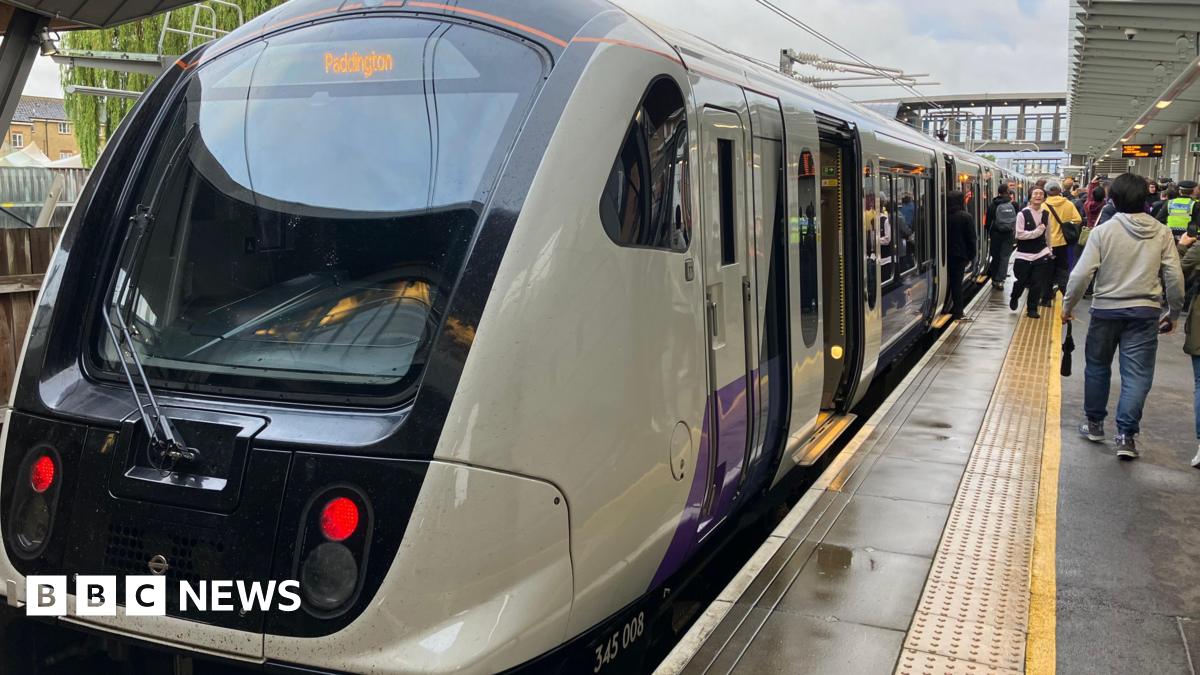Infra
“London to double EV charging points by 2030” – future net zero

Judith Hayton, Strategy and Planning Manager at Transport for London discussed the challenges of expanding EV infrastructure at the 100 Days of Labour online conference, including land access, power connections and capacity issues
The expansion of electric vehicle (EV) infrastructure in London faces several challenges.
Judith Hayton, Strategy and Planning Manager at Transport for London (TfL), addressed these issues at the 100 Days of Labour online conference.
“Many of the challenges that we face are the same as those faced by the private sector as well,” Hayton explained.
Key challenges include accessing suitable land for rapid chargers and establishing power connections.
TfL uses a site assessment tool to evaluate potential locations, considering factors like future land use and the cost of power connections.
Another significant challenge is managing electricity capacity restrictions in certain areas.
Hayton noted, “It is definitely something that we’re aware of and we’re working with partners to consider and explore possibilities around this.”
Despite these obstacles, TfL has outlined a plan to significantly increase the number of EV charging points in the city.
The forecast includes up to 60,000 charging points by 2030, with around 4,000 expected to be rapid chargers.
Hayton detailed the process behind these projections: “The model itself is described in an appendix to the strategy, so this is all out there in the public domain.”
The strategy takes into account the current fleet of electric vehicles in London, excluding motorcycles and heavy vehicles, and uses two sales scenarios—high and low—to predict future needs.
Hayton emphasised the goal: “Our forecast that we’ll need 40,000 to 60,000 public charge points of which around up to around 4,000 would need to be rapid charge points.”
The plan involves collaboration between public and private sectors.
Hayton highlighted the role of government funding: “One of the biggest funding pots that is available for London is the government’s local EV infrastructure fund. London’s been allocated almost £39 million of funding through that.”
In addition, recent regulatory changes are expected to improve the reliability of public charging infrastructure.
“We do expect to see this improve. The government’s public charge point regulations that came in last year, which have reliability requirements around them, will definitely start to see improvements in terms of the reliability of rapid charging,” Hayton said.
TfL has already made progress by installing 300 rapid charge points with contracts that included reliability requirements.
Hayton noted, “We’ve delivered 300 rapid charge points and included requirements in the contracts about reliability because we recognised the need for reliable infrastructure.”
Tackling EV Misinformation and Public Education










